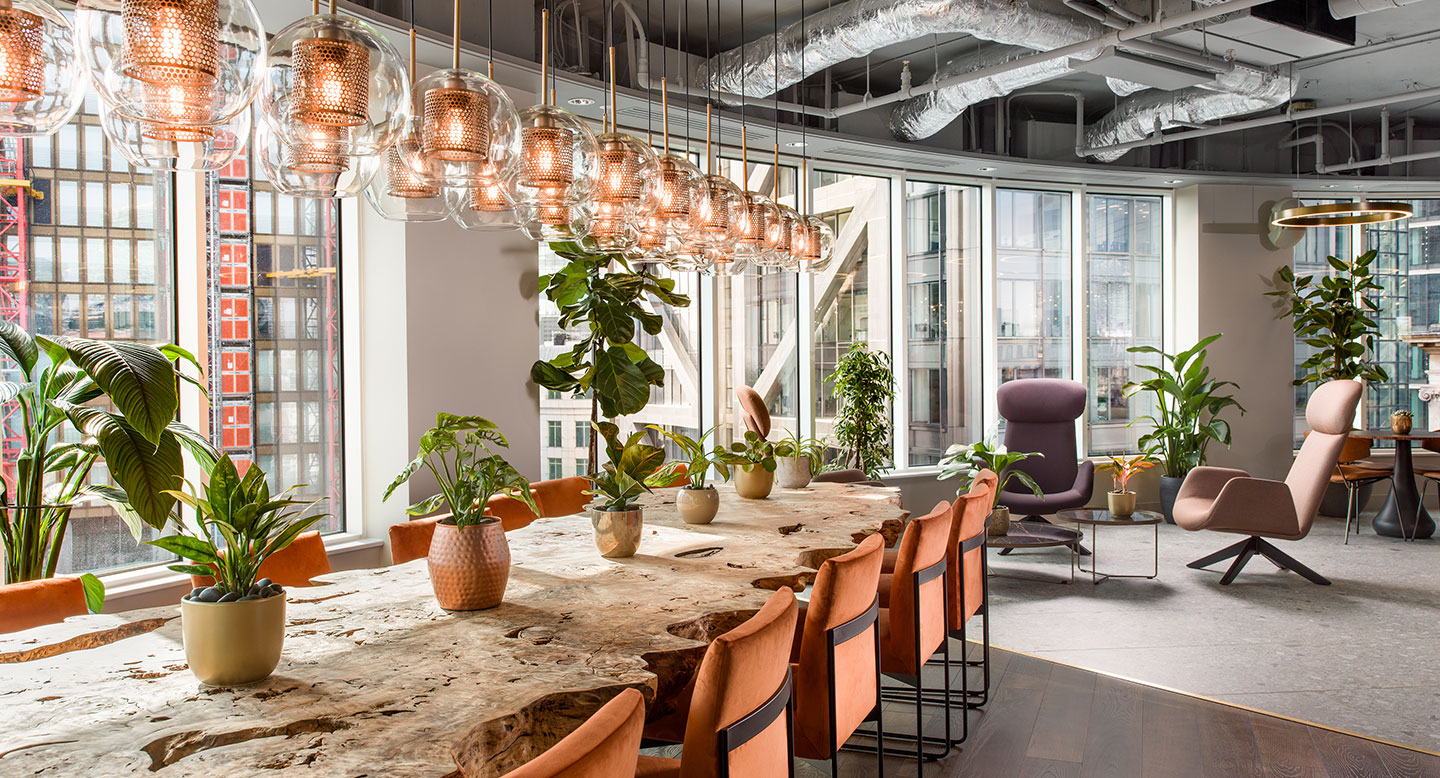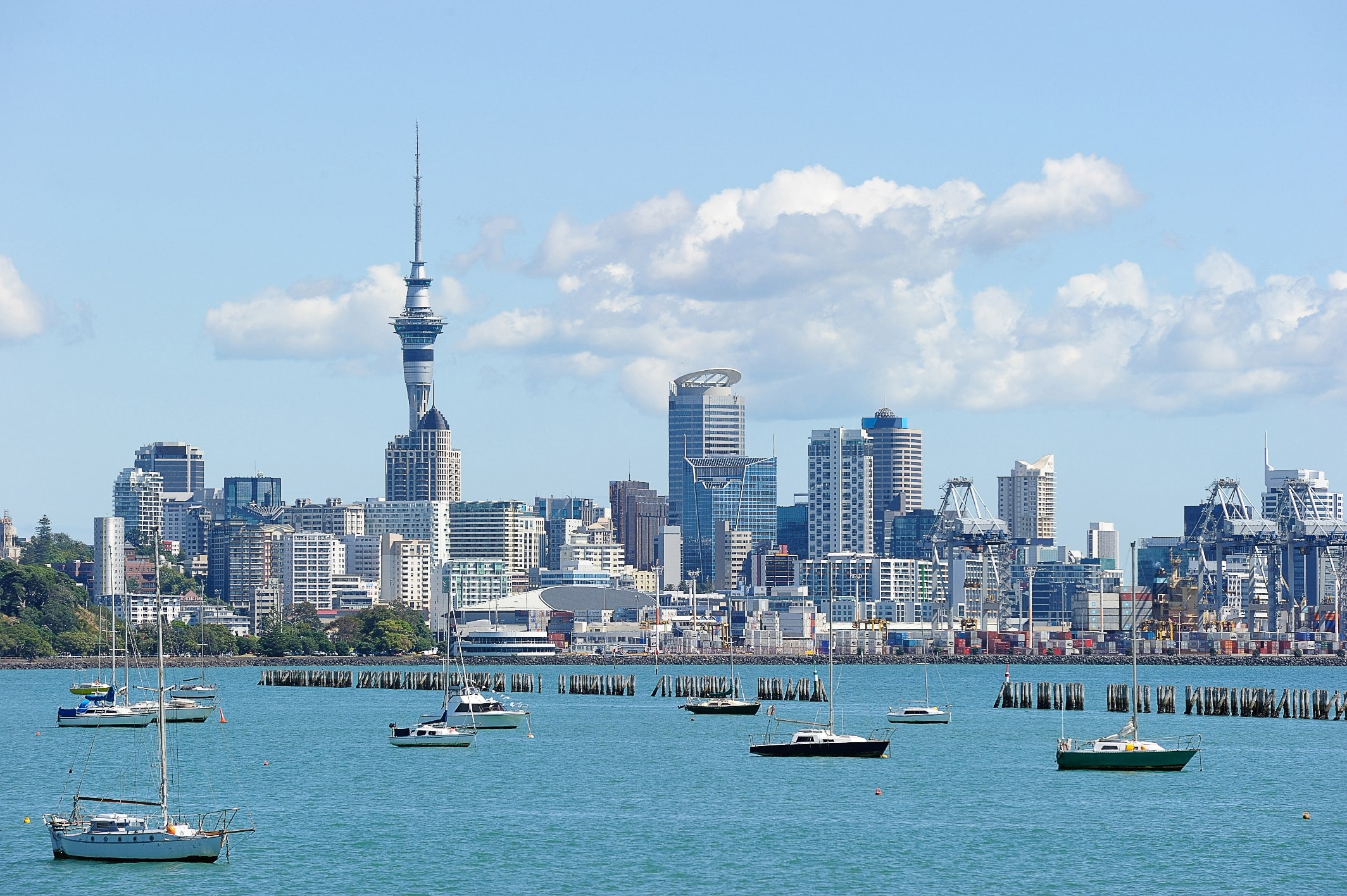Chris Davies, Director at Uncommon, provides his analysis on the impact of COVID-19 on the flexible workspace industry.
Is there a light at the end of Groundhog Day?
I’m sure we are all living a similar Groundhog Day. The novelty of discovering the Zoom backgrounds has long since worn off, and so has 9 hours of talking to your webcam.
Speaking from a purely flexible office point of view, we have some positives, negatives and future opportunities regarding this black swan event.
The obvious
Any product with a limited contract length that is consumed through a physical experience has been paralysed by the speed and severity of COVID-19. Office buildings across the UK are lying vacant, with most of the industry workers being furloughed.
Since the ’90s, the corporate world has been predicting a shift to ‘remote working’, and this is the first time we get to test its viability. The biggest social experiment is underway! I wonder how long it will take us to become like the inhabitants of Axiom (the spaceship floating around space for 140 years in the Pixar film WALL-E) and what will be left of society when we come out of hibernation.
Now we are past the first work-from-home week, most people have got through the initial set-up issues and realised that their home isn’t an adequate long-term alternative. It is, after all, a home.
Even if you have the perfect working environment - free from children, fast wi-fi and a pro Zoom account - we are social animals. We crave contact with others for support, wellbeing and entertainment. Social interaction even affects one’s overall health. A 2010 report in The Journal of Health and Social Behaviour cited evidence linking a low quantity of social ties with a host of conditions, including the development and worsening of cardiovascular disease, repeat heart attacks, autoimmune disorders, high blood pressure, cancer and slowed wound healing.
In any sector, work isn’t just about cashing a paycheque at the end of the month. It’s about meeting likeminded people, sharing ideas and working toward common goals.
What does this all mean for the flexible industry, what models will be left standing and how will we need to evolve:
- Employee wellbeing will push further to the top of the corporate agenda. I believe the main result will be further focus on the wellbeing of staff and the acceleration of the focus on building quality. How long will it be until corporates can’t take up building space until the air quality hits a certain standard, or buildings need to be fully contactless?
- The pure ‘coworking’ model is dead/it will not grow further. It will have to evolve very quickly, or operations won’t survive in the short-to-medium term. The good news is that most of the industry already focuses on private offices and the term ‘coworking’ is just a misnomer – see link to terminology blog.
- Should people focus on the corporate/larger end of the market? This approach has many advantages. Firstly, it is typically longer agreements that provide more income surety and, secondly, it feels like this is the direction of travel based on market requirements and data (40% of all deals done by the end of 2019 were with corporates). This approach doesn’t, however, protect you if your members have their own cash flow issues and cannot pay. I do believe that we will see an increased focus on the financial standing of clients.
- The leasehold model is dead:
a. This is primarily driven by landlords not wishing to risk their building investment value. Certain companies and the perceived lack of income guarantee, through the use of shell companies, have created this scepticism from the investment market. Industry behaviour through this crisis will either cement or improve the current view
b. It is inherently risky playing the arbitrage between market and long-term commitment, so nei-ther party should want to enter into this type of arrangement.
c. Landlords are also looking to do this themselves (most have realised it is hard/they aren’t set-up for it) so why would they lease space to someone else for 10-20 years?
- The next logical step for operators is to enter shared revenue arrangements or, even better, acquire freeholds directly. These models give you options/shared responsibility during a crisis.
- The immovable fact, in my view, is that the operators that really add value to client’s companies and serve their needs will survive; we are in the service industry after all. This will continue to stand as the market recovers and evolves.

So what does the future hold?
- This will continue to drive up demand for flex from corporate occupiers in the medium to long term, as corporates demand better work environments for staff and flexibility in their real estate strategy. This is a huge opportunity to take even more occupiers away from traditional office leases.
- We won’t all be here in 12 months, with pure coworking/leasehold operations being the hardest hit - this may reduce supply especially if high profile operators go.
- New models/partnerships will emerge between landlords and operators.
- Occupiers will increase their focus on wellbeing and that will come through in air quality, hygiene & flexibility.
- Opportunities to grow will come. Whether through opportunities to buy buildings post-September (a prediction), but I don’t see real estate capital values changing. This is due to the weight of capital trying to enter London, especially as it is seen as a global safe haven, and its relative price to other European Cities.
- Ultimately, investors will judge operators and the sector's performance during the crisis as an indicator of future performance.
Please look after yourself, keep your family safe and don't hesitate to get in touch.
Chris
All views are my own and any opinions expressed do not reflect those of the business.


